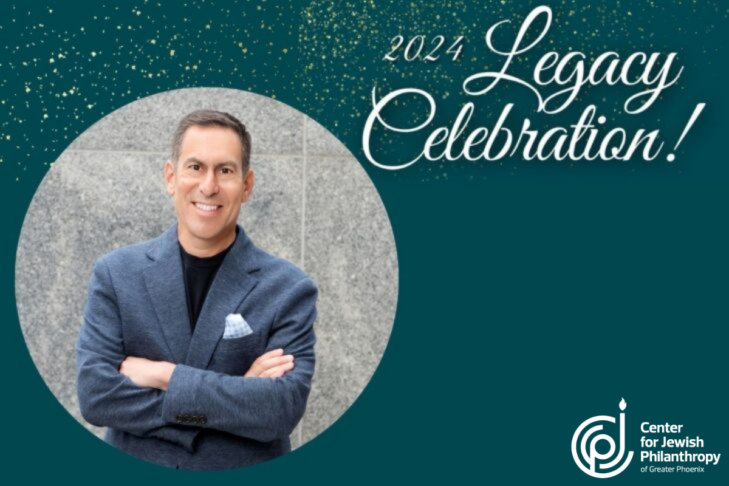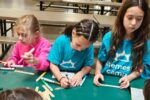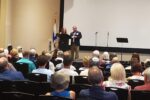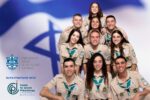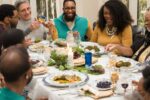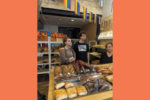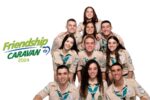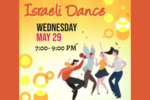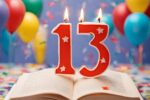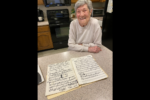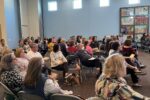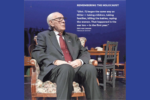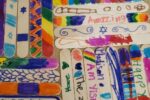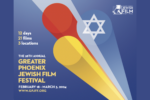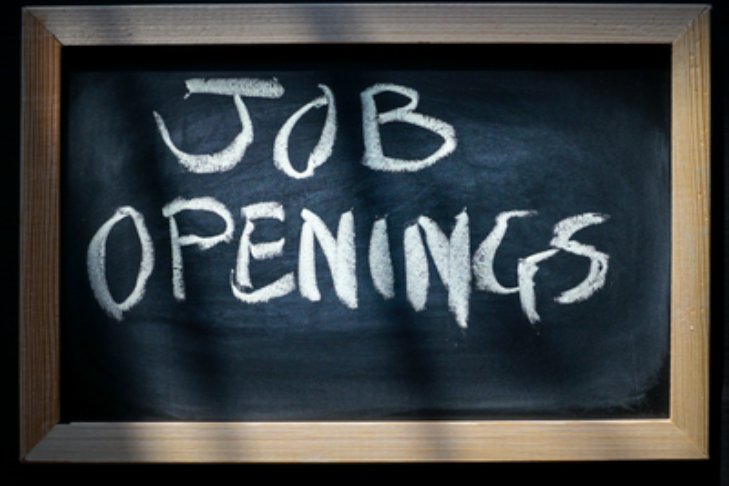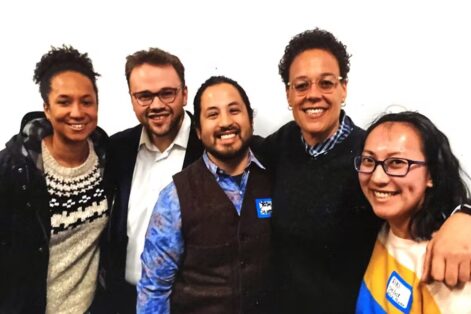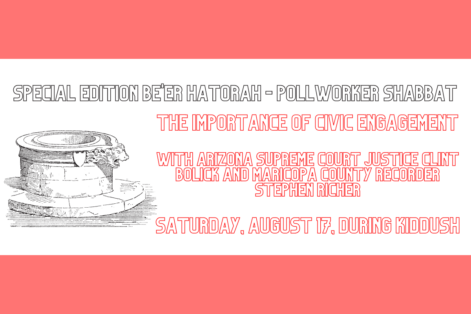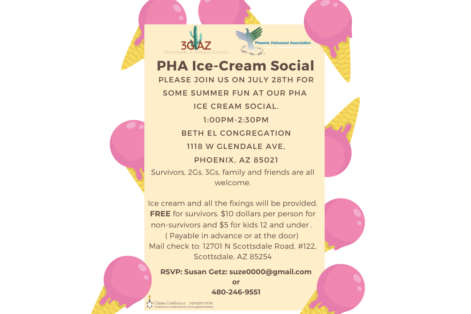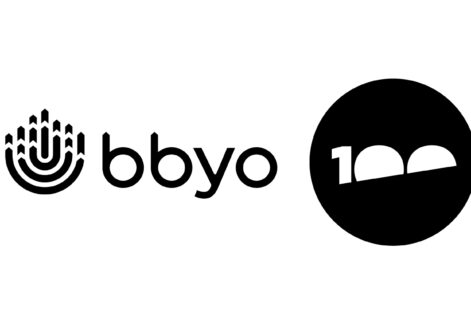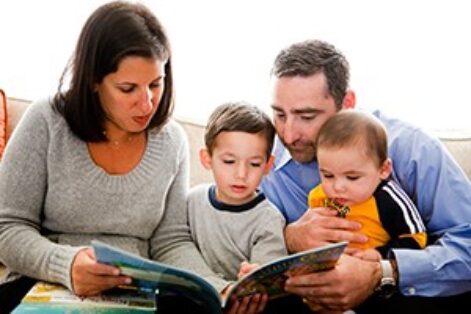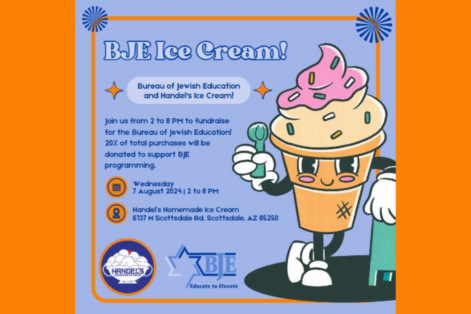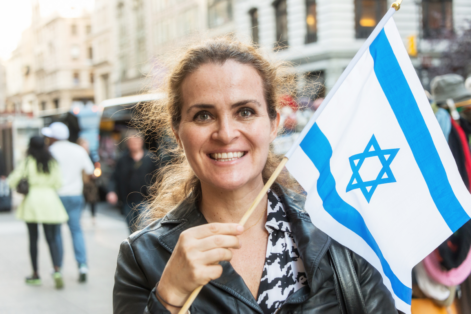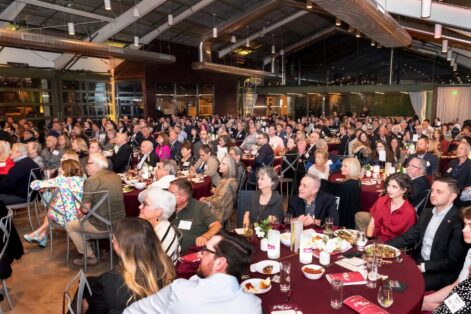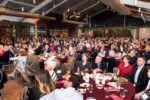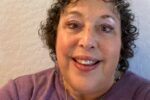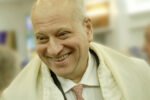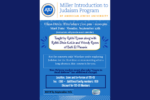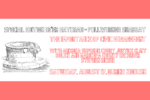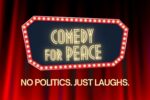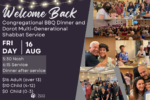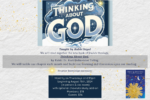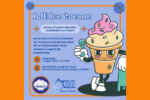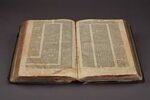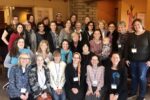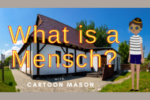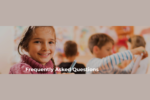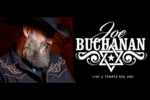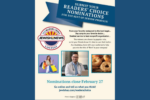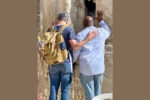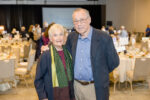Center for Jewish Philanthropy of Greater Phoenix is preparing for a special Legacy Celebration on April 10, 2024. The event will celebrate our legacy donors, our newest Life & Legacy Community Partners, and honor those included in our Endowment Book of Life. The invite-only event will also feature a special keynote presentation by Scott I. Zucker, a prominent attorney, community leader, and advocate for ethical wills.
With a background in business litigation and a passion for community service, Zucker brings a unique perspective to the intersection of law, philanthropy, and legacy building. Ahead of his keynote address at the event, Zucker shared his thoughts on the importance of leaving a lasting impact and the strategies for building a meaningful legacy in the below Q&A.
As a seasoned attorney specializing in real estate law, what inspired you to become involved in philanthropy and community building, particularly within the Jewish community?
My wife Melanie and I are the fortunate beneficiaries of wonderful parents who were active in their communities and especially found connection with their synagogues. They were our role models that each of us can make a difference not only with our financial support but with our given time.
Your work spans both legal expertise and philanthropic endeavors. How do you see these two aspects intersecting, and what unique perspectives do you bring to your philanthropic endeavors because of your legal background?
Honestly, I find myself separating my community work from my legal practice. Often times my community volunteerism provides an escape from the day to day pressures of my work. My type of legal work also doesn’t often apply to the work I do in the community since I am not an estate or family lawyer.
The Center for Jewish Philanthropy focuses on fostering a culture of giving and stewardship within the Jewish community. What strategies do you believe are most effective in cultivating a sense of philanthropy and legacy-building within communities?
I am a strong advocate for every person to build their own individual legacy. Again, one’s legacy need not be limited to one’s ability to contribute financially (albeit much is needed to support our communities) but our legacy can be how we have helped others and how we have made a difference. I like to say “Be Your Legacy” and try to motivate people to volunteer recognizing the benefit such actions can create not only now, but for future generations.
Your keynote address at the Legacy Celebration will likely touch on the importance of leaving a lasting impact. Can you share some key principles or insights you’ve gleaned over the years about building a meaningful legacy?
Yes, without giving too much away, I believe that all of us want to be remembered. The question is how can you accomplish that? Certainly, by your financial support, but also by the contribution of your time and energy. I truly think that each of us can make a difference and it is our obligation to try.
Your bio mentions your involvement in various leadership roles within Jewish organizations. How do you navigate the balance between professional obligations, community leadership, and personal interests?
My wife Melanie will often joke with me that before I add something else to my plate, I need to take something off. I should probably listen to her! But I am constantly seeking new challenges, whether it be professionally, in the community or personally. If I have spare time, I often find myself writing, either another book, a legal article or a poem. I recently took up drawing because I want to illustrate a children’s book for our future grandchildren! I am currently the Chairperson of the Alternative Dispute Section of the State Bar of Georgia and a Vice Chair of the Southeast Region of the Anti-Defamation League as well. I stay pretty busy.
The theme of the event revolves around the idea of “Jewish wisdom. Generations of impact.” How do you interpret this theme, and what role do you see Jewish wisdom playing in shaping philanthropic endeavors?
I love that theme. We have much as a community to be thankful for, but much of what we have we often take for granted. Certainly, the horrors of October 7th should remind us that we are fortunate to be able to live our lives as Jews freely in this country. But I also know that we fight antisemitism every day. We need to constantly be mindful and prepare for the challenges that lie ahead of us. That’s why this legacy building is important. Both for now and for our future as a strong Jewish community.
Your career has spanned several decades and encompassed diverse roles. Can you share a particularly impactful moment or experience that has shaped your approach to philanthropy and community service?
Atlanta offers a deep and inviting connection within the Jewish community. My wife Melanie and I found a home there right out of school and we were lucky to become members of a thriving synagogue. We have been fortunate to be able to enroll our children in one of the largest reform Day Schools in the Country and send our kids to Jewish Camps in the summer. My family has led my motivation for community involvement. As I said, my theme is “Be Your Legacy” and I try to live that every day- as best as I can. That applies not only to my work and my family, but my continuing role in my community.
Your book “Battle for Life” is about a Jewish family. What led you to write this particular story?
Honestly, it started as a way to share my father’s story about his experience in World War II. I truly believe that this last generation was the “Greatest Generation” because they built and defended this Country so significantly. Many, like my Dad, came back from the war, started families and businesses and never talked about the War again. I learned about my Dad’s experience in the War after he died and I promised myself I would tell his story for him. After I began, the book became a way to share other, more general family themes, some that I have experienced and others that I just recognize as challenges that all families face at one time or another. So, it became a family novel about love, courage and loss.
In your novel you explore the themes of family legacies. Why is that important to you?
I am an advocate for creating “Ethical Wills” or tangible ways to share a person’s stories, lessons and hopes for the future. I think the creation of these ethical wills gives us a chance to be remembered when we are gone. This book is a fictionalized ethical will between a father, his son and his grandson. When I did my TedX Talk a few years ago I explored the ways that people can create their own ethical wills by writing, poetry, video, music and art. There is something in each of us that we can pass down to the generations that will come after us. A way for us to be remembered and to make our stories extend beyond our years. I encourage everyone, no matter how old, to start creating their own “ethical will”.
Hear more from Zucker and celebrate legacy giving as a way to ensure Jewish life in the future on April 10, 2024. This event is by invitation only for those who have made a legacy gift through Life & Legacy or are signers to the Endowment Book of Life. For questions or more information, email rrabinovich@phoenixcjp.org.
This post has been contributed by a third party. The opinions, facts and any media content are presented solely by the author, and JewishPhoenix assumes no responsibility for them. MORE


